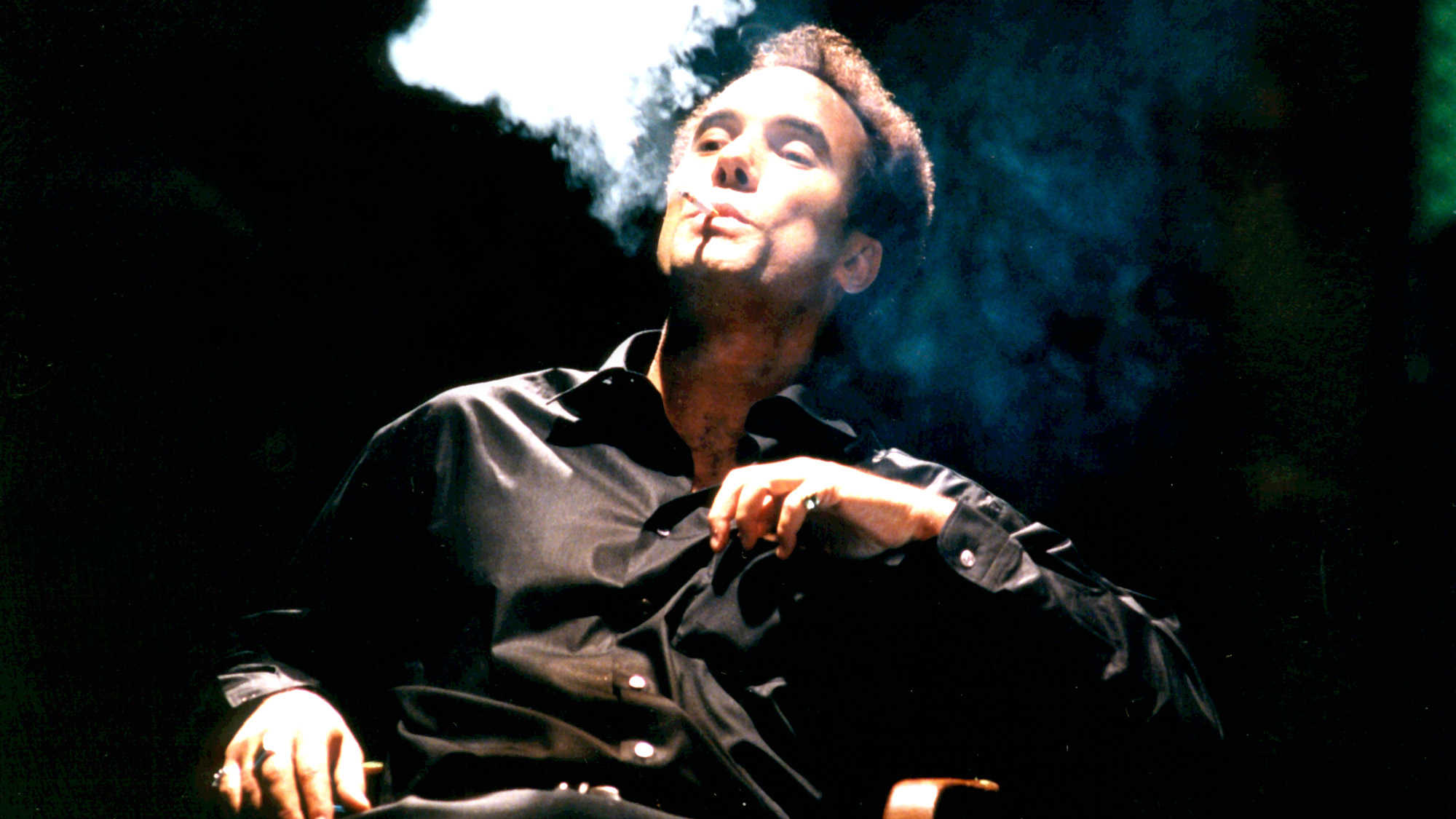
Screened as part of NZIFF 2002
A Huey P. Newton Story 2001
"Newton founded the Black Panther Party with Bobby Seale in Oakland, California, in 1966, combining socialism and black nationalism (and students and ex-convicts) in a group that ran free schools and clinics and also marched onto the floor of the California Assembly carrying rifles and shotguns. The party, like Newton, embodied America’s contradictory attitudes to race. Charges of police brutality spurred wealthy liberals to raise money for the Panther defense fund, giving rise to the concept of radical chic. At the same time, law enforcement agencies branded the group as amoral and dangerous. ‘The two things foremost in the black militant’s mind are sex and money,’ said an internal FBI memo in 1968.
In 1967 Newton was charged with murder when a traffic stop led to a scuffle and the shooting of an Oakland policeman. Newton, who was also shot, said he was unconscious when the officer was killed, but he was convicted of manslaughter. Demonstrators around the country rallied to ‘Free Huey’, until his conviction was overturned, on a technicality, in 1970. The charges were dismissed after two more trials ended in hung juries.
In Mr Lee’s film, the audience takes on the role of spectators in an operating theater, intent on dissecting Newton’s persona down to the raw bone. They are visible, in silhouette, behind Mr Smith in nearly every shot, rising above the stage on three sides. They double as Newton’s followers (some of them wear the black beret of the Panthers) and also stand in for the television viewers trying to make sense of Newton’s elusive identities: killer, poet, con man, visionary, lost soul.
Mr Smith’s performance captures Newton’s own self-consciously crafted performance in the role of incendiary black revolutionary. The actor chain-smokes, repeats odd phrases with manic intensity and reveals the physical degeneration caused by Newton’s cocaine addiction through the constant twitching of his right leg.
Indirectly, the film suggests that Newton, whose life was troubled to the end…was ‘a gangster with a conscience’… ‘I don’t want to be remembered!’ Newton shouts in a moment of defiance. ‘If Huey P. Newton needs to be remembered, that means that Huey P. Newton has been dismembered.’ In A Huey P. Newton Story Mr Lee and Mr Smith have done just that, in a documentary vivisection. Their hybrid of television, theater, and history keeps Newton’s legacy alive by dissecting both his persona and the social injustice that fueled his rage." — Ron Jenkins, NY Times